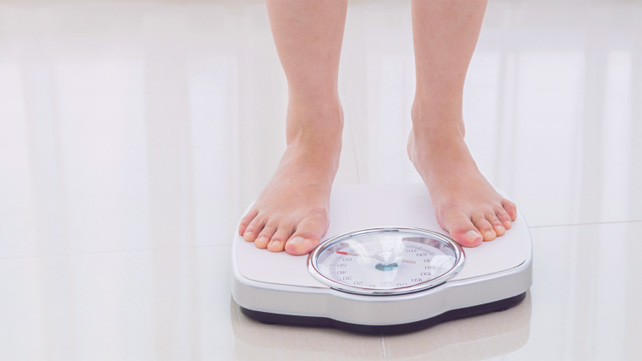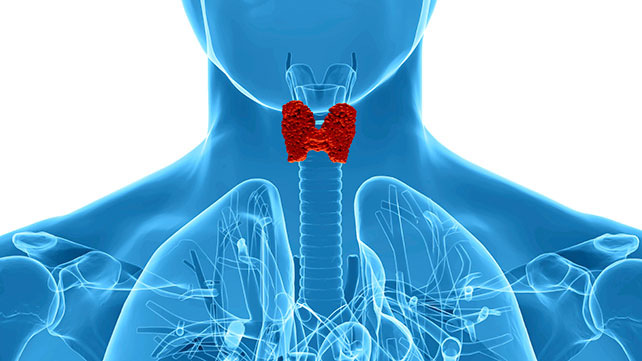
Your metabolism, weight, and thyroid have a complicated relationship. Many people diagnosed with hypothyroidism experience weight gain. For some, sudden weight gain is what leads them to go see their doctor and get a confirmed diagnosis. For others, it’s hard-to-manage hypothyroidism that causes the scale to fluctuate. Whichever is the case, here are some ways to manage your weight with hypothyroidism.
Boosting Metabolism with Dietary Changes
In order to beat the weight gain battle, you’ll first need to kick start your metabolism. You can accomplish this in numerous ways. Adding specific vitamins and minerals to your diet may help regulate your thyroid. They include:
- Iodine: found in seafood and iodized sea salt
- Selenium: found in tuna, mushrooms, beef, sunflower seeds, soybeans, and Brazil nuts
- Zinc: found in turkey, lamb, sardines, fresh oysters, walnuts, sunflower seeds, and almonds
- Iron: found in lentils, beans, pumpkin seeds, blackstrap molasses, clams, spinach, and white beans
- Copper: found in crabmeat, lobster, tomato paste, dark chocolate, and shiitake mushrooms
- Vitamins A, B, C, and E: found in broccoli, lettuce, cantaloupe, peppers, peanuts, egg yolks, white rice, fish, and bananas
Make sure to talk to your doctor before you begin taking any supplement. Too much or too little of certain supplements can adversely affect thyroid function.
Speaking of food, allergies to certain foods can cause your body to not absorb some vitamins and minerals as it should. This can lead to nutritional deficiencies and difficulty burning calories you consume. Talk to you doctor about any food allergies you think you have. Keeping a food journal with any associated symptoms will help you narrow down the cause.
Getting the Proper Labs
There’s a wide range of normal values for thyroid hormone levels, so make sure to have your doctor explain your test results and why they are or aren’t appropriate for you. Despite normal thyroid test results, adjustments to your thyroid dose may still be necessary to make you feel better.
Exercise and Strength Training
Exercise is an important part of all weight management plans. With hypothyroidism, the key is to pace yourself. If 30 minutes of high intensity exercise seems too much to handle, go ahead and break up the session into more manageable time frames.
Balance your exercise routine by focusing on strength training three to four times per week. Exercises such as leg lunges, push-ups, and planks are great ways to kick start your workout, and higher muscle mass will raise your metabolism. Of course, talk to your doctor before starting an exercise or strength training program.
The Takeaway
Eating right and living healthily are important no matter what the number on the scale reads. Setting real goals and small milestones to celebrate along your journey will keep you motivated as you embark on your hypothyroid weight loss journey.
Read more in Hypothyroidism ResourcesAmerican Thyroid Association. (n.d.). Thyroid weight. Retrieved from http://www.thyroid.org/wp-content/uploads/patients/brochures/Thyroid_and_Weight.pdf
Duntas, L. H., Blondi, B. (2013, June). The interconnections between obesity, thyroid function, and autoimmunity: the multifold role of leptin. Thyroid, 23 (6):646-53. Retrieved from http://www.ncbi.nlm.nih.gov/pubmed/22934923
Mayo Clinic Staff. (2015, October 28). Hypothyroidism. Retrieved from http://www.mayoclinic.org/diseases-conditions/hyperthyroidism/basics/definition/con-20020986



